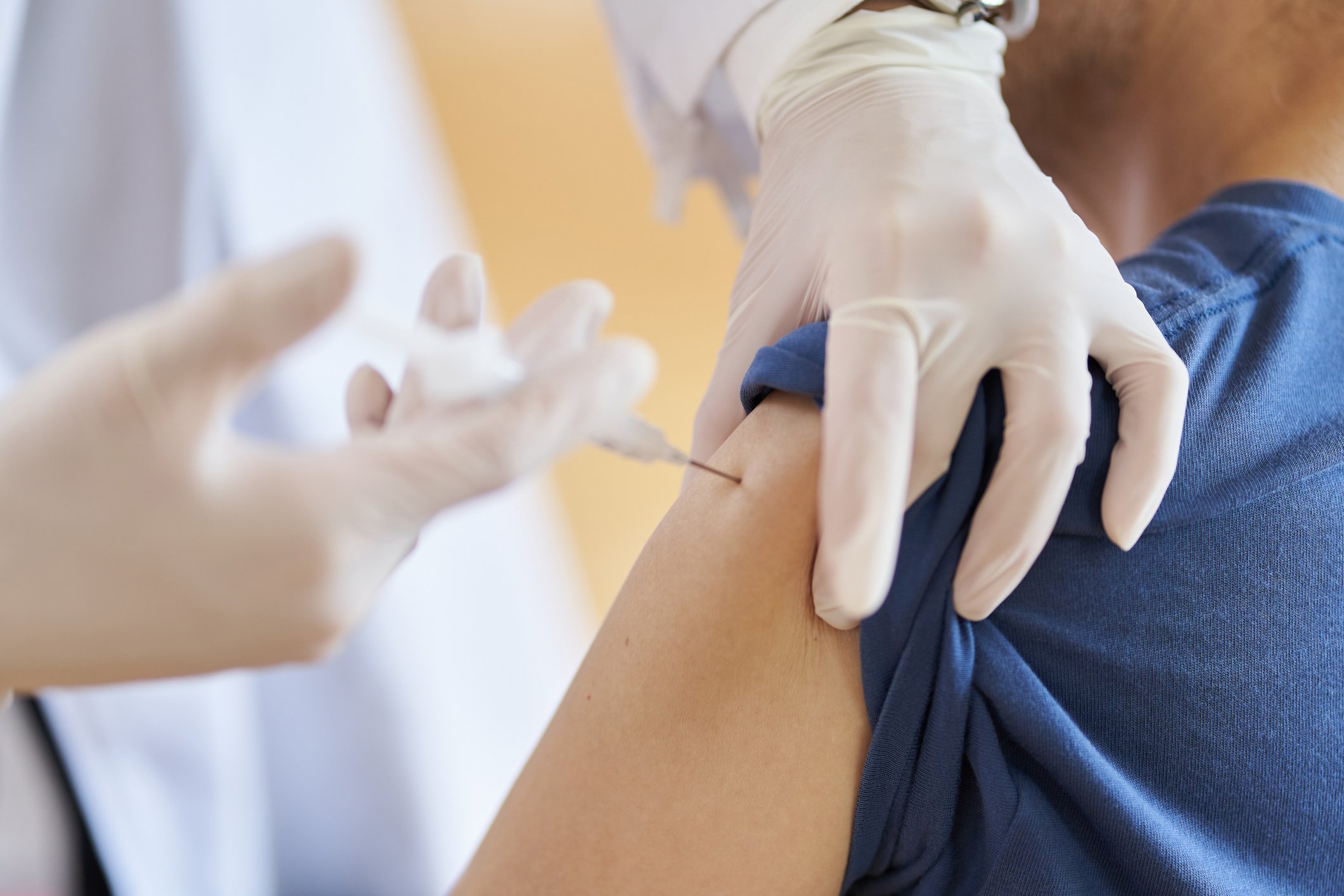The name of the game with COVID-19 vaccines right now is supply deals. Companies with big supply agreements are in a position to make a lot of money.
Pfizer (PFE +0.90%) and BioNTech (BNTX +1.74%) are arguably in the catbird's seat right now after securing a major supply deal with the European Union over the weekend. However, there could be another winner on the way as well. Novavax (NVAX +5.02%) just might be set to beat Moderna (MRNA 1.60%) in Europe now that the EU inked a major contract with Pfizer and BioNTech.

Image source: Getty Images.
Going big
The European Commission agreed to purchase a minimum of 900 million doses of the Pfizer-BioNTech vaccine for 2021 through 2023. In addition, EU countries have an option to buy another 900 million doses, potentially bringing the total to 1.8 billion doses.
No financial details of the supply agreement were given. However, the German Press Agency reported that the price tag of the deal was up to 35 billion euros, or around $43 billion. Pfizer and BioNTech equally split gross profits from the sale of their COVID-19 vaccine.
The combined population of the 27 EU countries currently totals around 446 million. The deal with Pfizer and BioNTech will enable the EU to fully vaccinate all residents for one year with a two-dose regimen. The optional 900 million extra doses would provide another year of fully vaccinating all EU residents.
However, it's possible that only one dose will be needed for booster shots going forward. If this is the case, the EU's supply deal with Pfizer and BioNTech would be more than enough to vaccinate all residents in 2022 and 2023.
A nod to Novavax?
This major agreement with Pfizer and BioNTech doesn't preclude the possibility that other deals will be made at all. In fact, European Commission President Ursula von der Leyen tweeted that "other contracts and other vaccine technologies will follow."
Don't expect AstraZeneca to win any supply deals. The EU is currently embroiled in a lawsuit with the big drugmaker because of allegations that it didn't fulfill its contractual obligations with an earlier supply agreement.
Moderna stands out as an obvious candidate for the EU to potentially secure additional doses. The biotech's vaccine has proven to be safe and highly effective. Moderna also has a promising variant-specific vaccine candidate in development.
However, there's a good reason to believe that Novavax is in an even stronger position with the EU than Moderna is. Note that von der Leyen's tweet specifically mentioned "other vaccine technologies." Moderna's COVID-19 vaccine is based on a similar messenger RNA (mRNA) technology as the Pfizer-BioNTech vaccine.
On the other hand, Novavax's COVID-19 vaccine uses a protein sub-unit technology. With Novavax's approach, nanoparticles of a protein that mimics the spike protein on the novel coronavirus surface are injected along with an adjuvant that enhances the immune response.
Von der Leyen has even seemed to single out Novavax without specifically naming the company. She stated at a meeting in Portugal that the EU would "explore other contracts, for example, based on other technologies like the protein-based technologies."
Hurdles to jump
To be sure, it's still too early to know if Novavax will beat Moderna in Europe over the next couple of years. The company first must win authorizations for its COVID-19 vaccine. It's also possible that the EU will sign an even bigger deal with Moderna than it does with Novavax.
Reading between the lines, though, it seems that the chances are pretty good that Novavax could be the next company to land a major supply deal with the EU -- not Moderna. Indeed, Reuters recently reported that Novavax is close to finalizing an agreement with the EU to supply 200 million doses of its COVID-19 vaccine in late 2021 and 2022.
The biotech stock is nearly 50% below its lofty peak set in February. Finalizing a deal with the EU would likely provide a much-needed spark.









